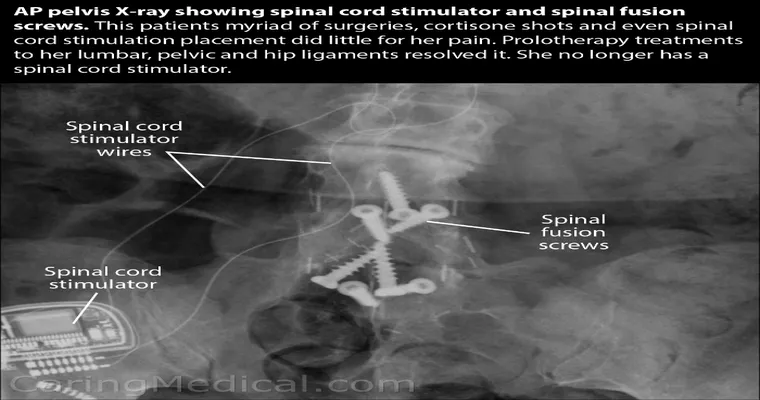When considering a "hip replacement", many patients have numerous "questions" regarding the procedure, recovery, and long-term outcomes. Understanding these aspects can help alleviate fears and clarify what to expect. This article aims to address some of the most common "hip replacement questions" that patients may have.
What is Hip Replacement?
Hip replacement is a surgical procedure that involves removing damaged or arthritic bone and cartilage from the hip joint and replacing it with artificial components. This surgery is typically recommended for individuals suffering from severe "hip pain" due to conditions such as osteoarthritis, rheumatoid arthritis, or hip fractures.
What are the Different Types of Hip Replacement?
There are primarily two types of hip replacement surgeries: "total hip replacement" and "partial hip replacement". A total hip replacement involves replacing both the femoral head and the socket, while a partial hip replacement usually involves replacing only the femoral head. The choice between these types depends on the extent of joint damage and the patient's overall health.
What is the Recovery Process Like?
Recovery from a hip replacement varies from person to person but generally includes a hospital stay of 1-3 days followed by several weeks of rehabilitation. Patients often engage in physical therapy to regain strength and mobility. Most individuals can resume normal activities within three to six months, although full recovery may take up to a year.
What are the Risks Involved?
Like any surgical procedure, hip replacement carries certain risks. These can include infection, blood clots, dislocation of the new joint, and complications related to anesthesia. It is essential to discuss these risks with your surgeon to understand how they apply to your specific situation.
How Long Do Hip Replacements Last?
The longevity of a "hip replacement" can vary, but most artificial hips last between 15 to 20 years. Factors that can affect the lifespan include the patient's age, activity level, and overall health. Regular follow-up appointments with your orthopedic surgeon are vital to monitor the condition of the implant.
What to Expect During the Surgery?
Hip replacement surgery is typically performed under general or regional anesthesia. The procedure usually lasts about 1-2 hours. During surgery, the surgeon will make an incision in the hip area, remove the damaged joint surfaces, and insert the artificial components. Post-operative care will involve monitoring for any immediate complications and managing pain.
Can I Return to Sports After Hip Replacement?
Many patients want to know about returning to sports after a "hip replacement". While low-impact activities like swimming, cycling, and walking are generally encouraged, high-impact sports such as running or basketball may not be advisable. Consult your surgeon to determine the best activities for your recovery.
What Should I Do If I Experience Pain After Surgery?
It is normal to experience some pain and discomfort after a hip replacement. However, if you experience severe pain, swelling, or any signs of infection, such as fever or redness around the incision, contact your healthcare provider immediately. Early intervention is crucial for managing any complications.
Conclusion
Understanding the answers to common "hip replacement questions" can significantly contribute to a patient’s confidence and preparedness for the surgery. Whether considering the procedure or recovering from it, having clear information is essential for a successful outcome. Always consult with your orthopedic surgeon for personalized advice tailored to your unique situation.





